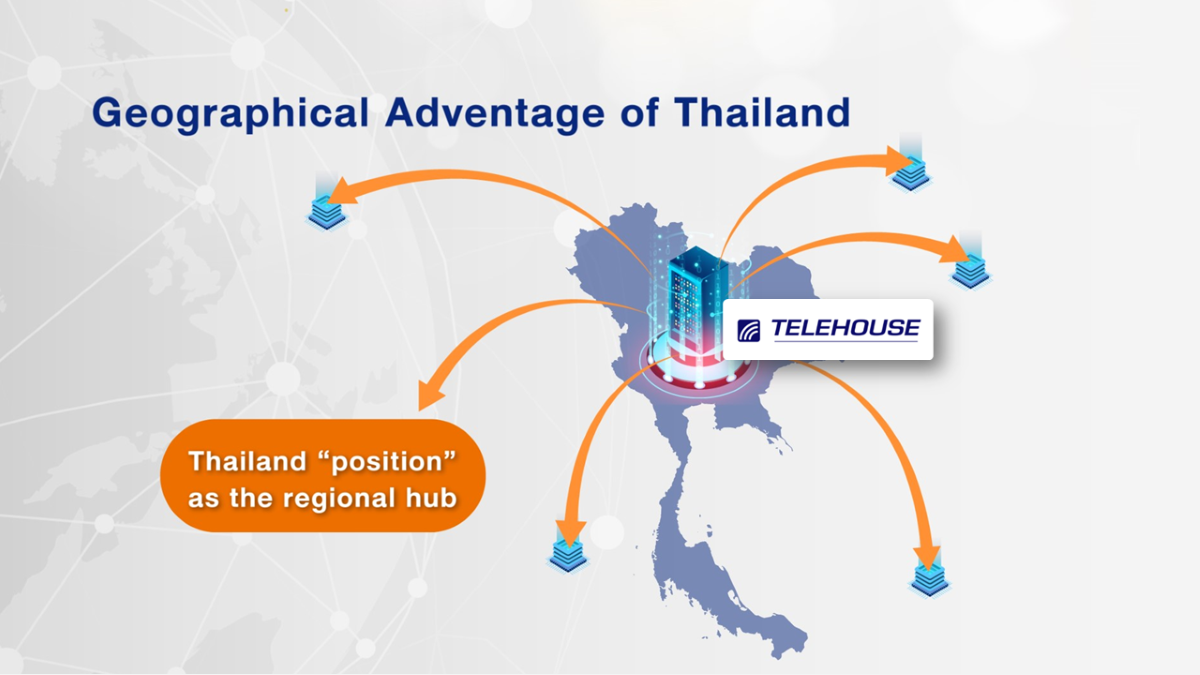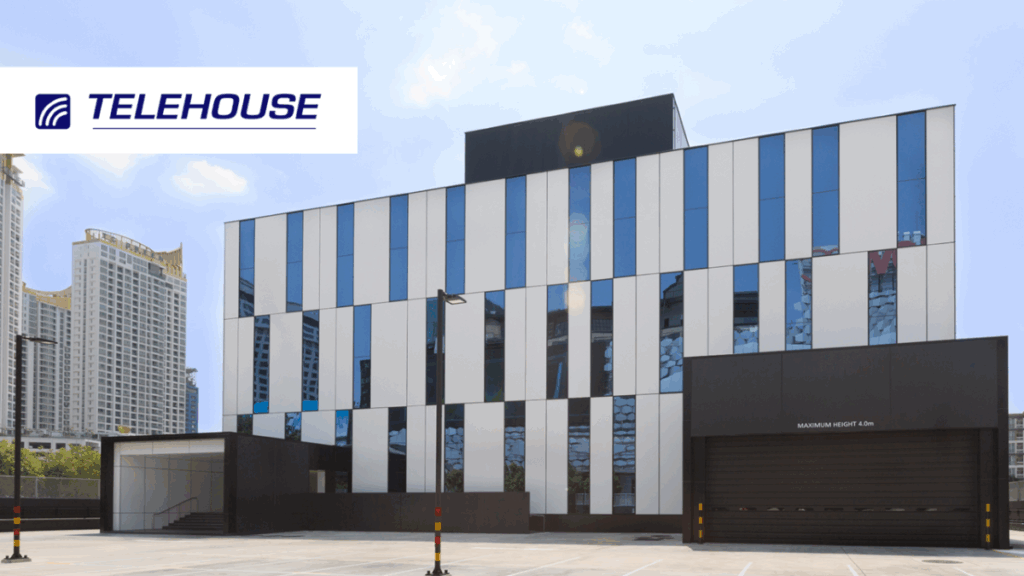As digital transformation accelerates across Southeast Asia, Telehouse Thailand, a renowned global provider of data center colocation services, highlights the growing importance of interconnection in supporting cloud, AI, and real-time applications. Backed by major infrastructure investments and increasing international interest, Thailand is fast solidifying its role as a regional digital hub.
Interconnection is becoming a driving force behind digital development in Southeast Asia, with the market expected to reach $3.19 billion by 2030. Thailand is at the center of this digital transformation, supported by significant infrastructure and cloud investment. Efficient Interconnection across networks, partners, and geographies, is now vital for businesses to keep pace.
Thailand as a hub for innovation
Thailand is primed to meet rising demands for interconnection. With an advance mobile internet environment, strong digital adoption, and increasing gaming and content consumption, the country is well prepared for global connectivity.
Strategically located in Indochina, Thailand is well placed to act as a regional connectivity hub, supporting digital trade with neighbours like Cambodia, Laos, Myanmar, and Vietnam.
The largest technology companies around the world are identifying Thailand’s potential for digital innovation. For instance, Microsoft announced a new data center region in Thailand to build new cloud and AI infrastructure, provide AI skilling opportunities for over 100,000 people, and support the nation’s growing developer community.
Alphabet Inc.’s Google announced a $1 billion investment to establish a data center and cloud region in Thailand, aiming to meet the growing demand for cloud services and support AI adoption in Southeast Asia. Similarly, Amazon Web Services (AWS) has committed to a $5 billion investment to develop cloud infrastructure in the country.
Connectivity of the future
Thailand can take the lead in driving digital transformation in the Southeast Asia region, but its infrastructure must evolve to support the connectivity demands of a digital-first economy. The ability to interconnect seamlessly and at scale will be a defining element of how successfully data centers and businesses keep pace with change, as this will allow for cross-border data flows, competitive loud environments, and enterprise growth.
To support Thailand’s ambitions as a digital hub, the regions infrastructure must allow for open, flexible connections. Carrier-neutral data centers provide this, giving businesses the ability to choose from a broad range of internet service providers, telecom carriers, and partners that best align with their needs – supporting performance, resilience, and cost-efficiency.
As digital adoption accelerates across the region, seamless, high-performance connectivity is becoming a key enabler of enterprise innovation. The AI Workload Strategies 2025 found that over 80% of enterprises consider strong network connectivity and internal IT expertise critical when evaluating infrastructure partners. Telehouse Bangkok is built with these priorities in mind, delivering scalable, carrier-neutral interconnection that supports a wide range of digital use cases — from cloud deployments to latency-sensitive applications — and is well equipped to meet the evolving needs of enterprises adopting AI.
By offering multiple interconnection options, carrier-neutral facilities help reduce the risk of downtime and enable continuous operations. They also encourage a more competitive environment, driving more cost-effective connectivity. And where demand grows, Telehouse’s carrier-neutral facilities allow for scalability. Businesses can expand operations by adding network connections to support expansion strategies.
Interconnection for the future
Thailand is fast solidifying its role as a regional digital hub. With rising demands in industries such as gaming, finance, and cross-border data transfer, fast and flexible connectivity is now a key market differentiator for rapid growth. Backed by a large consumer base, a growing enterprise sector, and its strategic location near Indochina, Thailand is the country that offers ideal conditions for data centers to scale and thrive.
“Thailand’s interconnection ecosystem is evolving at an unprecedented pace,” said Ken Miyashita, Managing Director, Telehouse Thailand. “The convergence of digital demand drivers—particularly cloud and AI—combined with strong government support and carrier-neutral infrastructure, is enabling a new era of scalable, low-latency connectivity. According to DC Byte, Bangkok is now Southeast Asia’s second-largest data center market by IT capacity, reaching 2,587MW and outpacing regional hubs like Singapore, Jakarta, and Kuala Lumpur — reflecting the growing demand for fast, reliable interconnection.,” Miyashita added.
Long-term innovation will be driven by resilient designs and competitive, carrier-neutral ecosystems. Organisations that invest in advanced interconnection will be best placed to lead in cloud and AI adoption.

